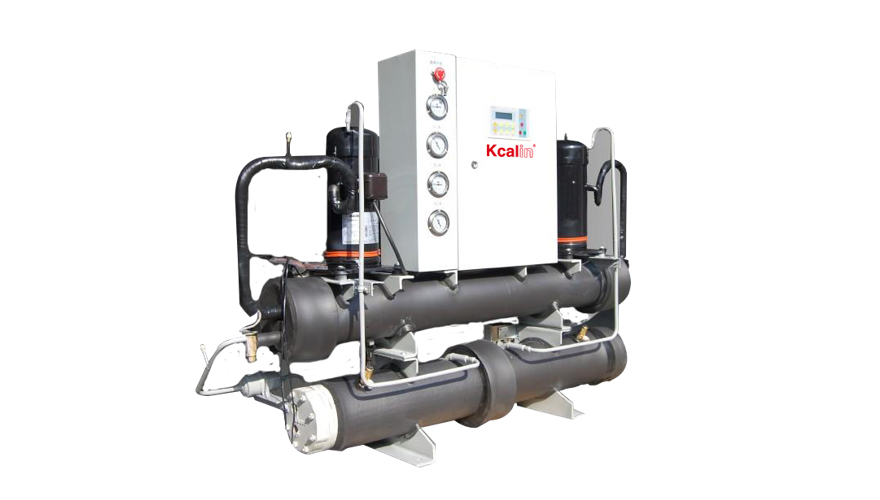Air source heat pumps and ground source heat pumps each have their own advantages and disadvantages in heating. The choice of which one is better depends on the specific application scenario, environmental conditions, and budget. The following is a detailed comparative analysis of two types of heat pumps to help you make a more informed choice.
Advantages of air source heat pump
Easy installation: Air source heat pumps do not require underground pipelines, only need to be installed on the exterior walls or roofs of buildings, with a short installation period and simple construction.
Wide applicability: not limited by geographical conditions, suitable for various buildings in both urban and rural areas, without considering the abundance of groundwater resources.
Low cost: The initial investment is relatively low, and there is no need for large-scale civil engineering projects. The installation and maintenance costs are relatively low.
Environmental protection and energy conservation: Air source heat pumps use heat from the air for heating, with high energy efficiency, reducing dependence on traditional fossil fuels, and good environmental benefits.
Disadvantages of air source heat pumps

Efficiency is affected by the environment: In cold regions, especially below -15 ° C, the efficiency of air source heat pumps may decrease, and the heating effect may not be ideal.
Noise issue: The outdoor unit generates a certain amount of noise during operation, which may have an impact on the surrounding environment.
Advantages of Ground Source Heat Pump
Stable and efficient: Ground source heat pumps utilize underground constant temperature resources for heating, unaffected by external temperature, and can maintain efficient operation throughout the year.
Good energy-saving effect: The energy efficiency of ground source heat pumps is usually higher than that of air source heat pumps, and long-term use has significant energy-saving effects.
Low noise: The main equipment of ground source heat pumps is buried underground, with low noise during operation and minimal impact on the surrounding environment.
Disadvantages of Ground Source Heat Pump
High initial investment: Ground source heat pumps require underground drilling and pipeline laying, which results in a high initial investment and a long construction period, making them suitable for large-scale construction or long-term use.
Restricted by geological conditions: The installation of ground source heat pumps requires consideration of groundwater resources and geological conditions, and is not suitable for areas with complex geology or scarce groundwater resources.
Complex maintenance: Once the underground pipeline system of a ground source heat pump malfunctions, maintenance and repair are more complex and costly.
Air source heat pumps and ground source heat pumps each have their own advantages and disadvantages, and choosing which one is better requires comprehensive consideration of the specific situation. If you are in a cold region, focus on long-term energy conservation and stability performance, and have budget and installation space, ground source heat pumps are a better choice. If your budget is limited, installation space is limited, and the winter temperature in your area is not too low, an air source heat pump is a more economical and convenient choice.







Comment